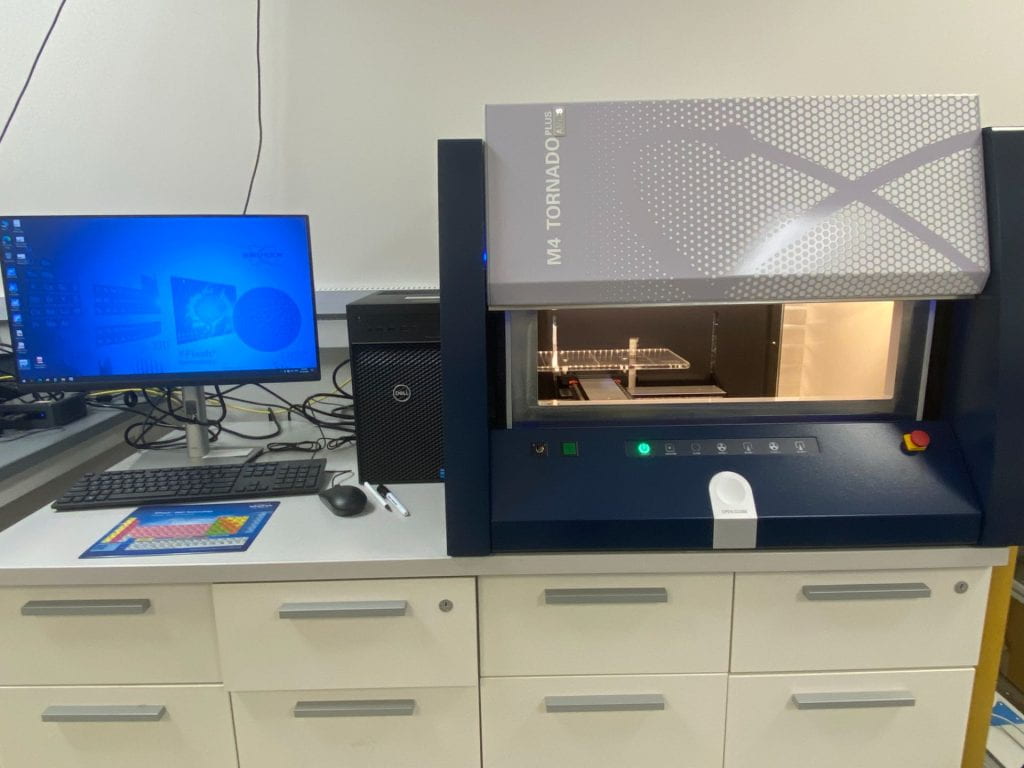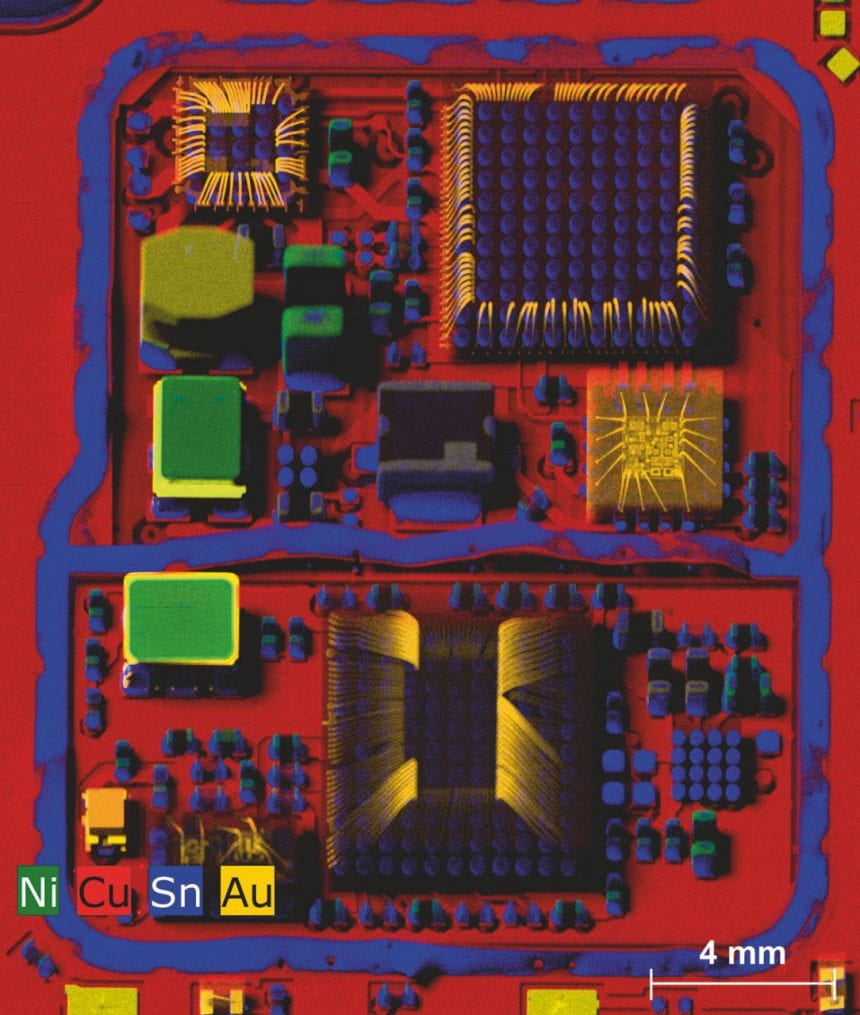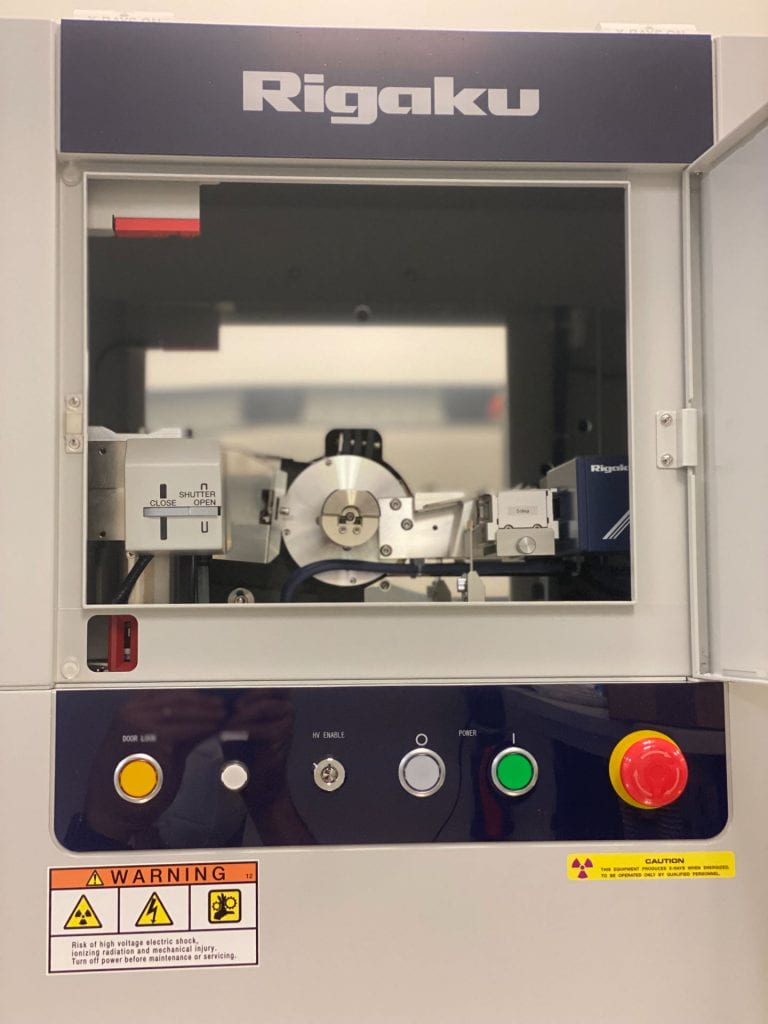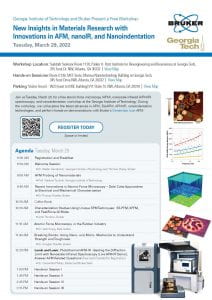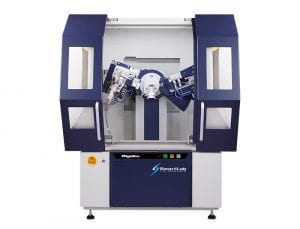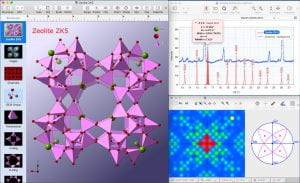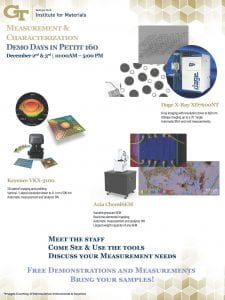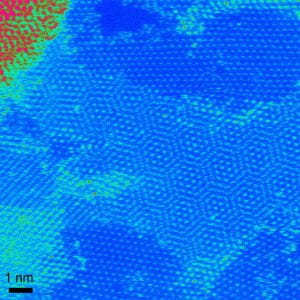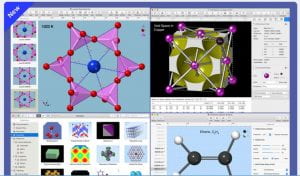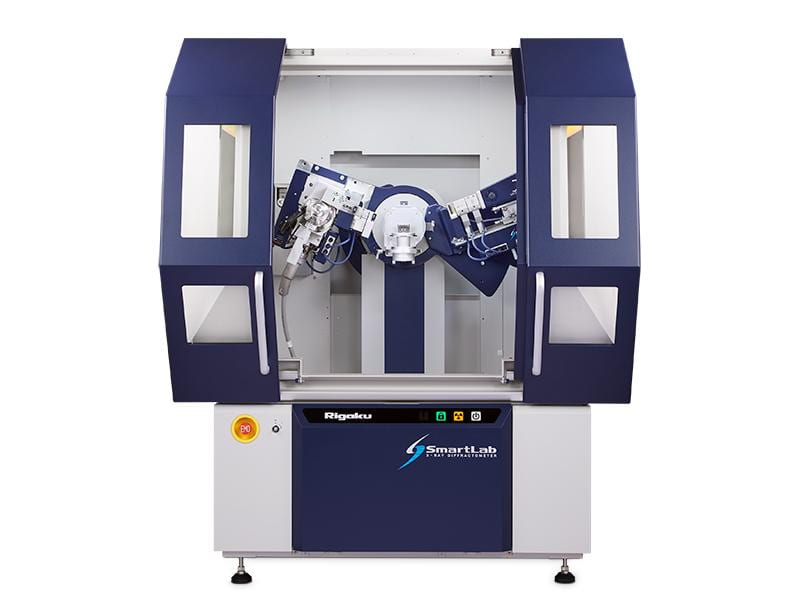
The Materials Characterization Facility (MCF) is pleased to announce that in January, in collaboration with Rigaku, we will be hosting a workshop on X-ray Diffraction. January 5th will feature seminars from researchers and faculty at Georgia Tech and across the southeast including but not limited to Clemson, Emory, Florida State University, and JSNN. January 6th will feature hands on training and application of techniques and showing off the capabilities of the tools and the software.
Registration information will be posted on the MCF (mcf.gatech.edu) website as well on the Rigaku website.
https://events.rigaku.com/symposium-gt-2023/registration
We look forward to seeing you at our workshop in the New Year!

